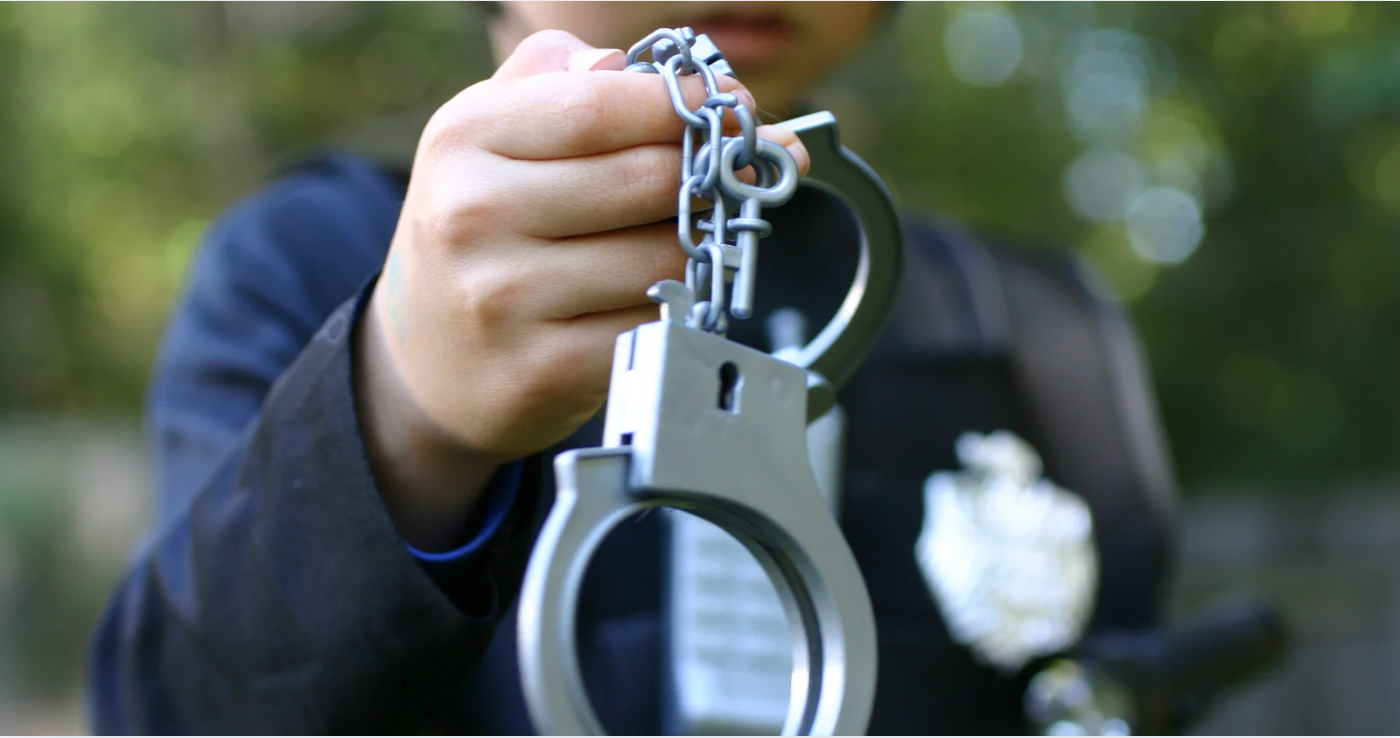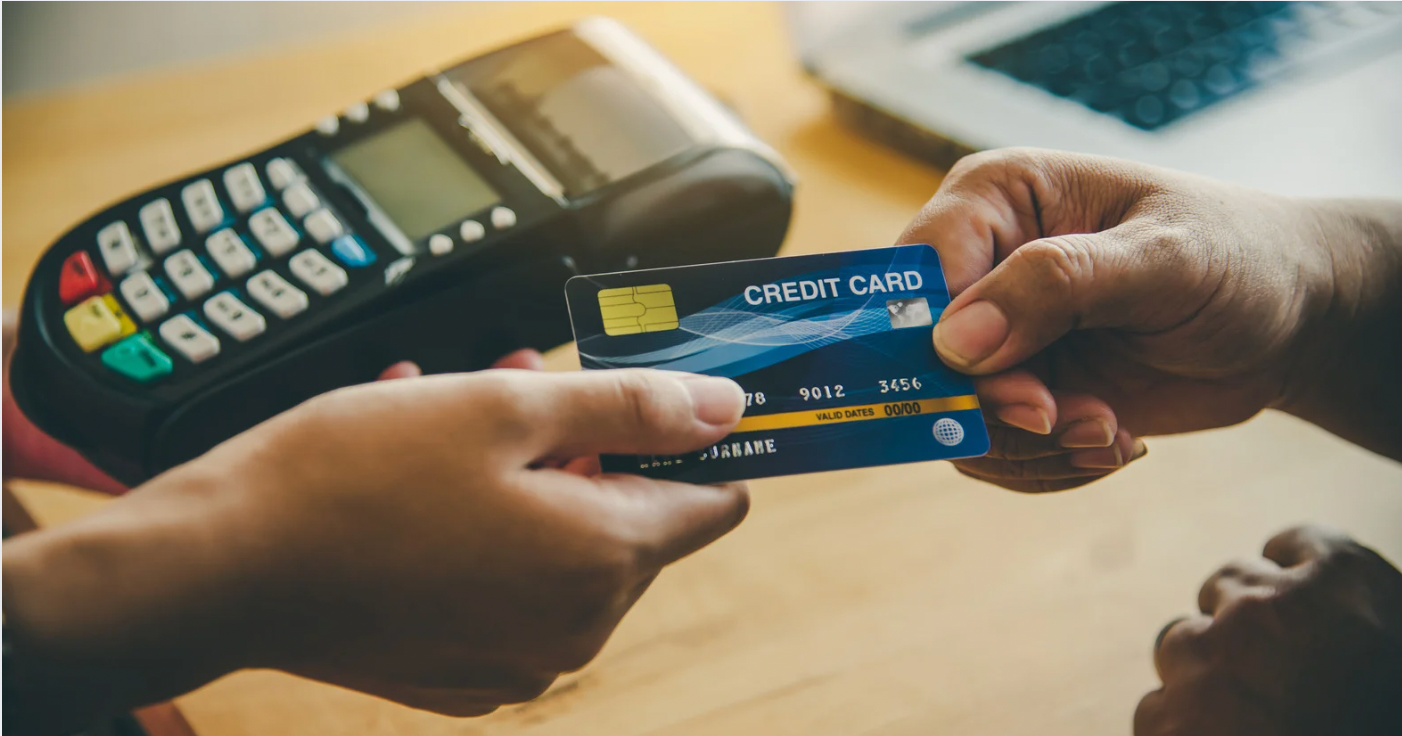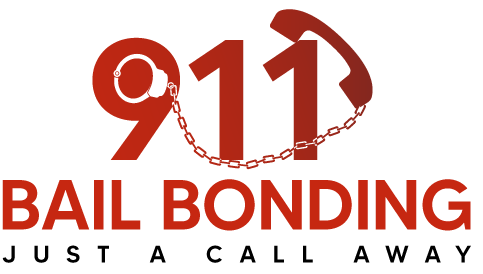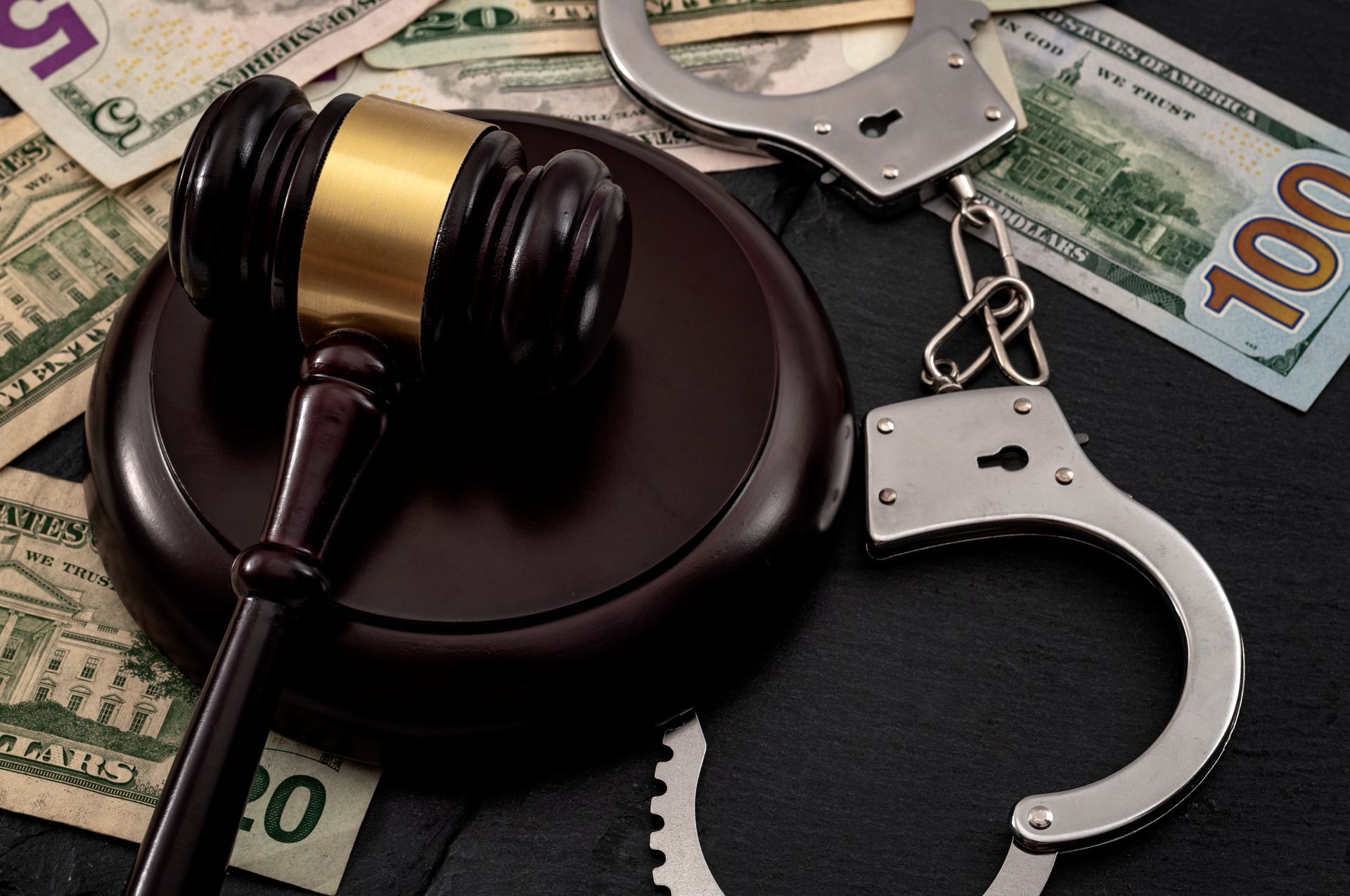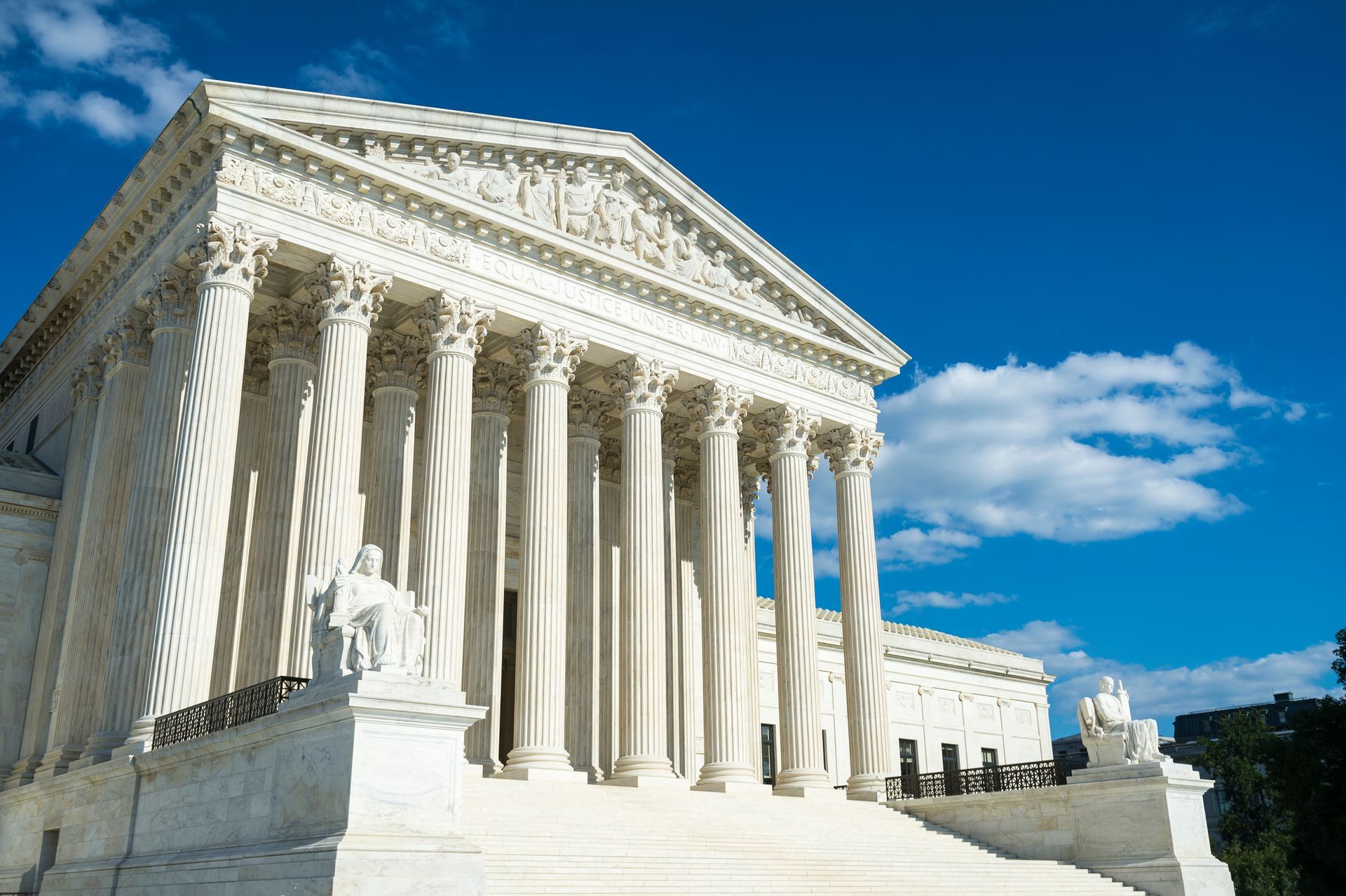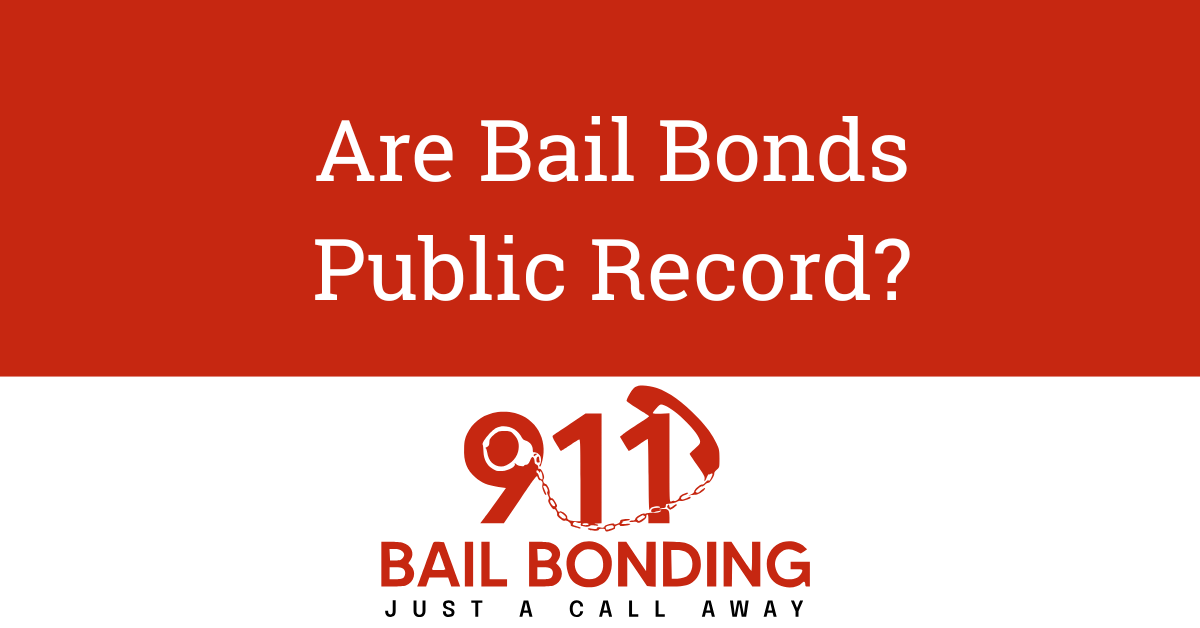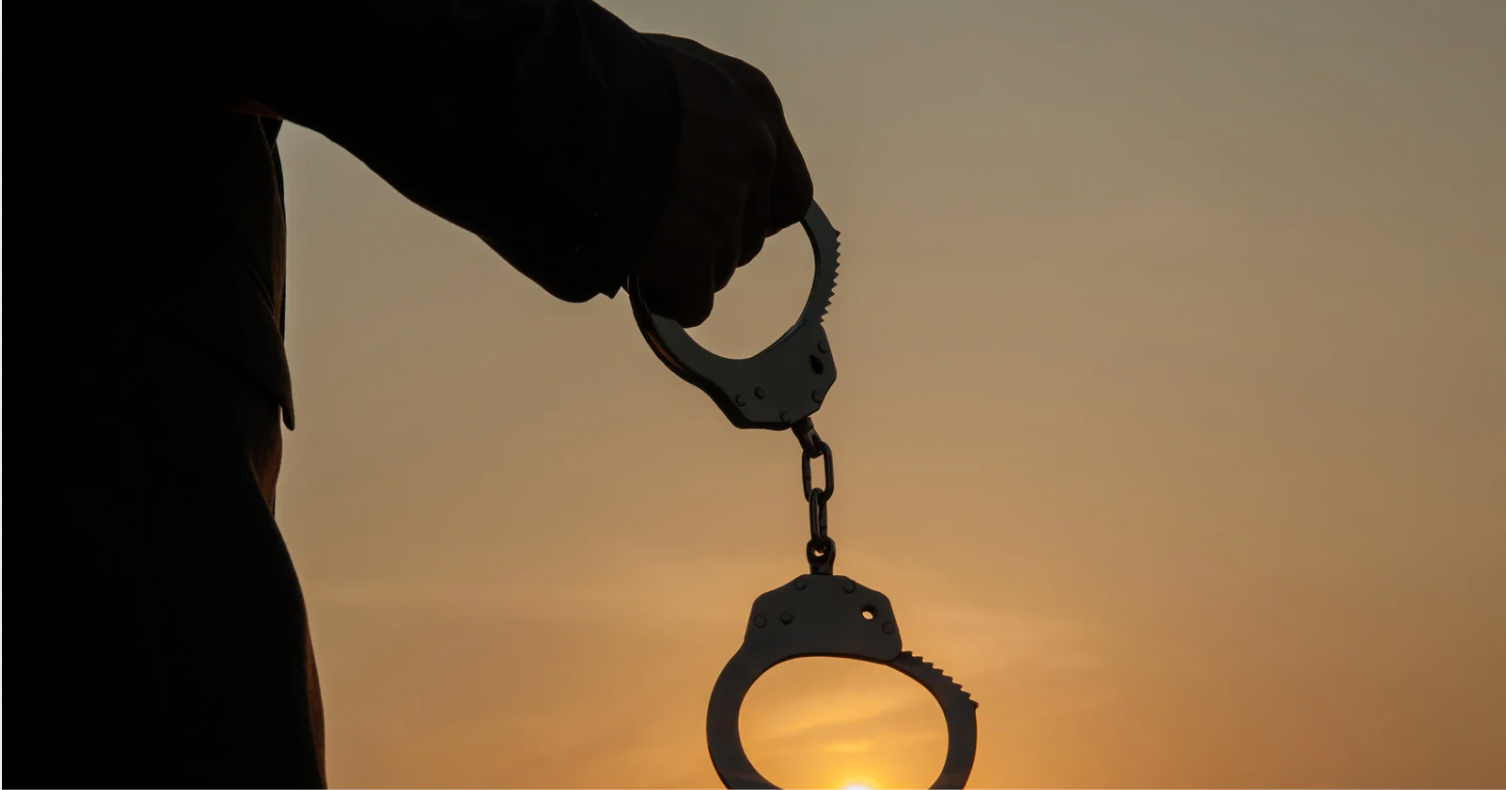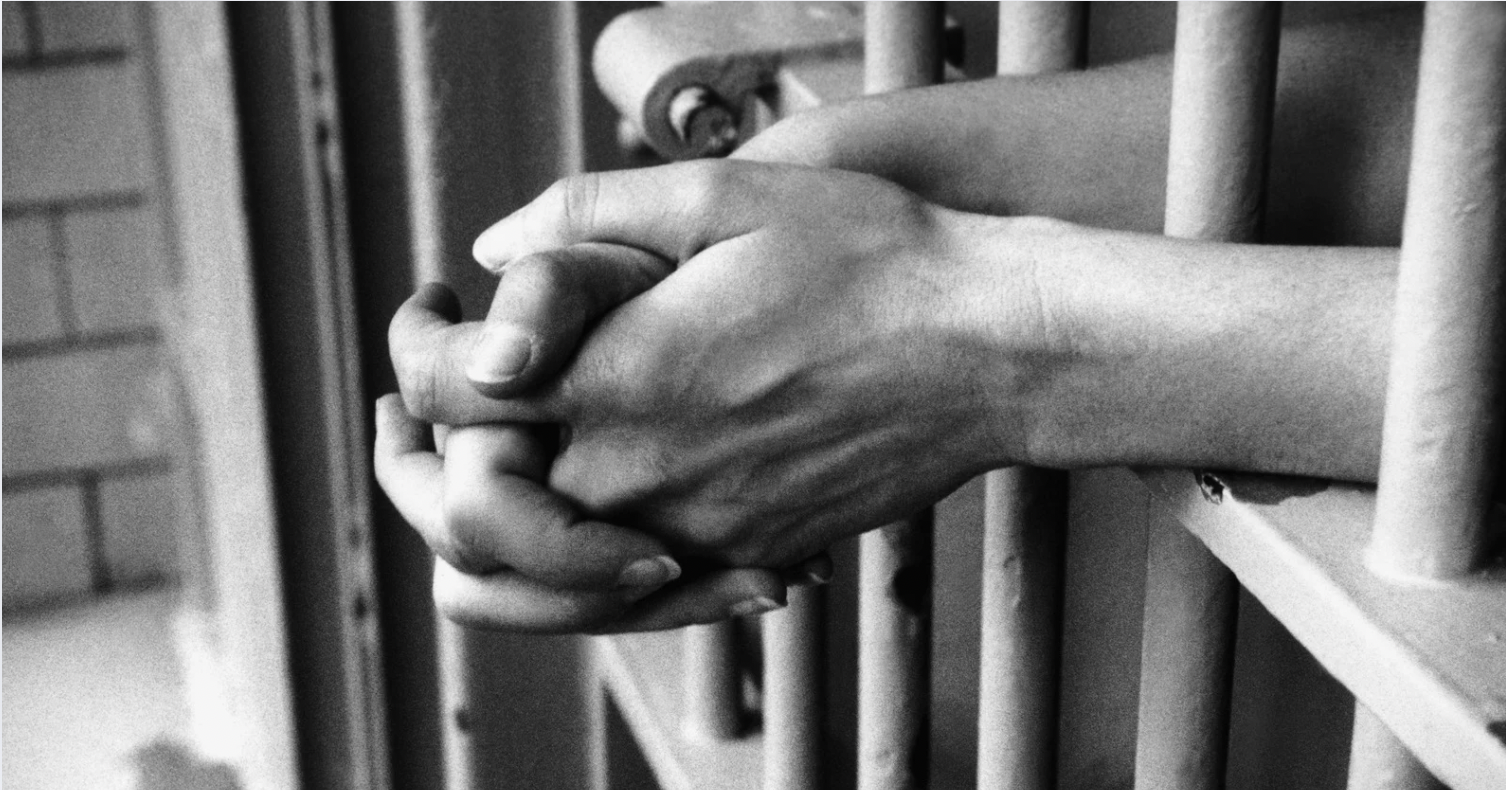How Do Inmates Attend Grand Jury Hearings?
When someone is incarcerated and involved in a criminal case, one of the most important legal proceedings they might face is a grand jury hearing. Unlike a typical trial, a grand jury determines whether there is enough evidence for a criminal charge to proceed. But how does this process work for inmates? How do they attend these hearings while in custody?
Understanding the Grand Jury Process
A grand jury consists of a group of citizens who review evidence presented by a prosecutor to decide whether there’s probable cause to bring criminal charges against a suspect. This process is typically secretive and doesn't involve the defense or a judge in the same way a trial would. For inmates, attending these hearings poses logistical challenges — but the justice system has protocols in place to ensure their participation when required.
Can Inmates Be Present?
In most cases, inmates do not attend grand jury hearings, especially if they are the subject of the investigation. This is because grand jury proceedings are not trials; they are investigative in nature, and the accused does not have the right to be present or defend themselves at this stage. However, there are exceptions:
How Attendance is Handled
If an inmate must attend, correctional facilities work with court personnel and transportation officers to ensure secure travel to the courthouse. Depending on the jail’s policies and the court’s technological capabilities, the inmate may:
911 Bail Bonding has worked with many clients who were held during these critical stages and understands how important timely release can be in preparing a full legal defense — especially when there’s a possibility of being called to participate in these early hearings.
Why Bail Can Make a Difference
Being out on bail during the grand jury process provides a better opportunity to work with legal counsel and build a defense strategy. Inmates who remain in custody may have limited access to their attorneys and fewer chances to review case evidence or prepare for the possibility of indictment.
This is where 911 Bail Bonding plays a crucial role. By helping inmates secure their release quickly and affordably, we empower them to better participate in their legal defense from the outside.
Get Help Fast with 911 Bail Bonding
If your loved one is in custody and may be facing a grand jury hearing, don’t wait until it’s too late. The earlier they’re released, the better their chances of navigating the legal system effectively. Contact 911 Bail Bonding today — our team is available 24/7 to help you understand your options and secure the fastest possible release. We’re committed to helping families through the toughest times with compassion and speed.
Trust 911 Bail Bonding to bring your loved ones home — and give them the chance to fight their case the right way.

